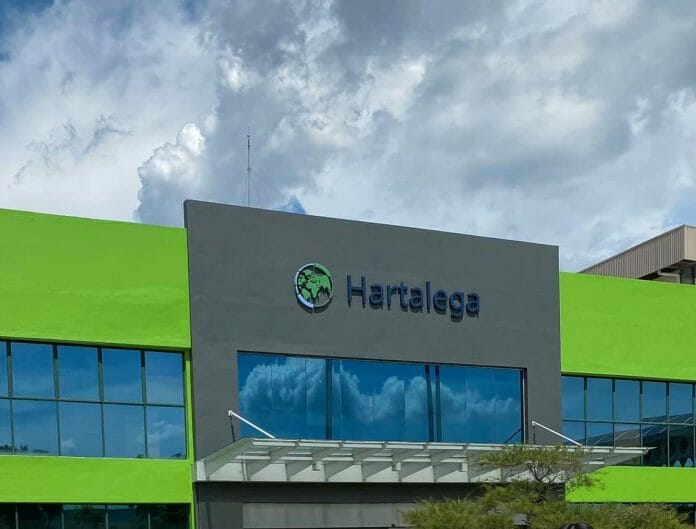Hartelega for its current Q2 registered a lower revenue of RM 584.6 million, a decrease of RM 1.43 billion or 70.9% from the corresponding quarter in the preceding year. The group remarked the lower revenue was mainly due to the lower average selling price caused by the oversupply situation given the intense market competition, coupled with the decrease in sales volume by 27%.
Profit before tax witnessed a massive decrease from RM 1.15 billion or 96.9% to RM 37.3 million, as compared to RM 1.18 billion in Q2FY22. Hartelega attributes the decrease mainly due to lower revenue coupled with higher energy costs but partly offset by lower raw material costs. For the 6 months ended, the Group registered a lower revenue of RM 1.43 billion, a decrease of RM 4.48 billion or 75.8% from the corresponding period in the preceding year. The lower sales revenue was mainly due to intense market competition, normalising of the ASP as well as the decrease in sales volume by 27%.
Profit before tax has decreased significantly by RM 3.89 billion or 95.8% to RM 171.5 million, as compared to RM 4.07 billion for 6MFY22. In addition to the significant reduction in revenue, the 6-month performance was also affected by higher operating costs due to the increase in natural gas tariffs and new minimum wage implementation.
Revenue for the current quarter decreased by RM 261 million or 30.9% as compared to the preceding quarter (Q1FY23). The lower revenue was mainly due to the decline in sales volume by 33% and lower ASP. Profit before tax for the quarter decreased by RM 96.8 million or 72.2% to RM37.3 million as compared to Q1FY23. Apart from the lower revenue, the profit margin was also affected by higher operating costs due to the lower plant utilisation rate as compared to Q1FY23.
Moving ahead, the group is in views the external uncertainties will continue to influence the overall post-pandemic economic recovery. Global headwinds persist amid the unresolved geopolitical conflict between Russia and Ukraine, the continuation of zero-Covid policy implementation in China as well as the worsening global inflation









